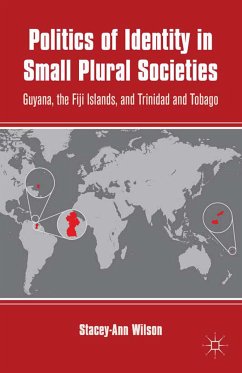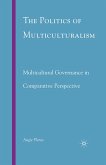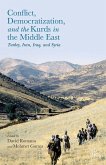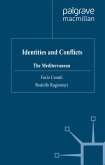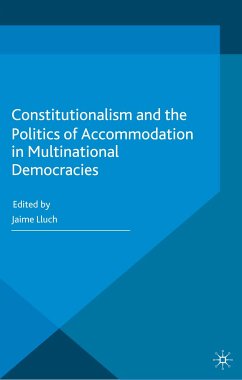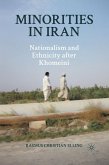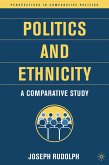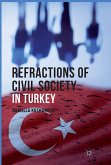Dieser Download kann aus rechtlichen Gründen nur mit Rechnungsadresse in A, B, BG, CY, CZ, D, DK, EW, E, FIN, F, GR, HR, H, IRL, I, LT, L, LR, M, NL, PL, P, R, S, SLO, SK ausgeliefert werden.
Raymond Muhula, World Bank
'This is an original and significant book. It makes important contributions to the disciplines of political science, sociology, history, and anthropology, adding to and updating the scant literature on the politics of small states, specifically our knowledge of contemporary politics in Trinidad and Tobago, Guyana, and the Fiji Islands. This book provides a riveting study of how elites and electorates manipulate ethnicity in pursuit of scarce benefits and spoils, and poses new questions and new paradigms for future comparative work.'
Marilyn Lashley, Howard University

